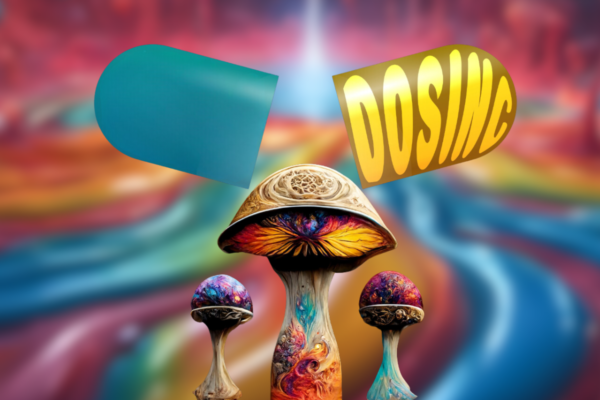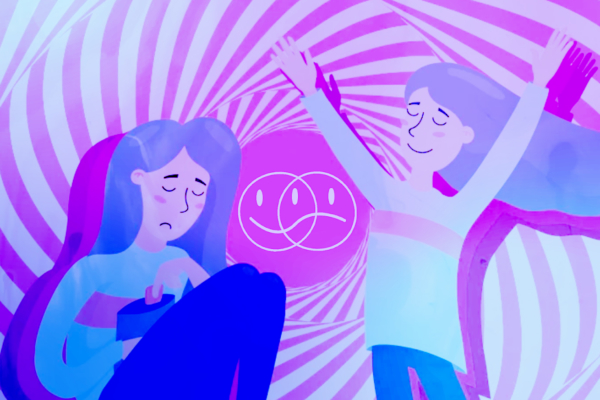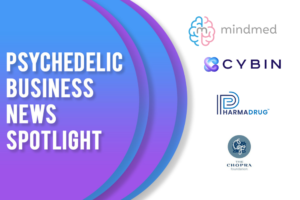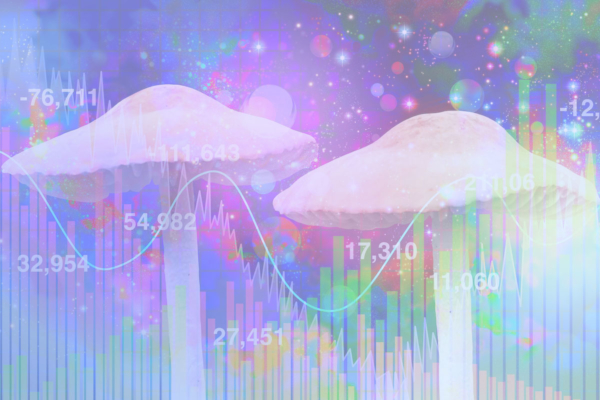
When it comes to headaches, migraines are in a league of their own. Often accompanied by nausea, light sensitivity, and strange visual auras, these headaches can be excruciating and debilitating. Managing migraines can be pain. But psychedelics may help, according to Yale School of Medicine Assistant Professor of Neurology Dr. Emmanuelle Schindler.
“The world of headache medicine is always looking for new therapies and more specific targets,” she says. Based on previous research showing the psilocybin was effective at treating headache, Dr. Schindler and colleagues decided to put the psychedelic to the test.
She and colleagues conducted a double-blind, placebo-controlled crossover study involving 10 adults. The participants were given either an oral placebo or a psychoactive psilocybin during the first of two sessions. Two weeks later, each participant received the opposite dose. For two weeks prior to the first sessions until two weeks after the second session, participants kept headache journals.
Previous research on cluster headaches helped inform Dr. Schindler of the size dose to give migraine patients—about a fifth of a full psychedelic effect as measured by the 5-Dimensional Altered States of Consciousness (5D-ASC) Scale, which quantifies non-ordinary states of consciousness.
At the end of the study, Dr. Schindler and colleagues found that, on average, participants experienced 1.65 fewer days with migraine per week in the two weeks following their psilocybin dose compared with an average reduction of 0.15 days with migraine each week following the placebo dose.
Most existing treatments for migraine are either rescue treatments given at the onset of a migraine to help mitigate it, or as a regular, prophylactic treatment to prevent future attacks. But psilocybin appears to work differently.
“What psilocybin is anecdotally and in this preliminary study reported to do is completely different from those two actions,” Schindler says, adding that no other approved treatment for migraine provides lasting preventative effects after a single, rapidly metabolized dose. “This first study is a start, however, and I hope it will spur more interest and funding for research.”





